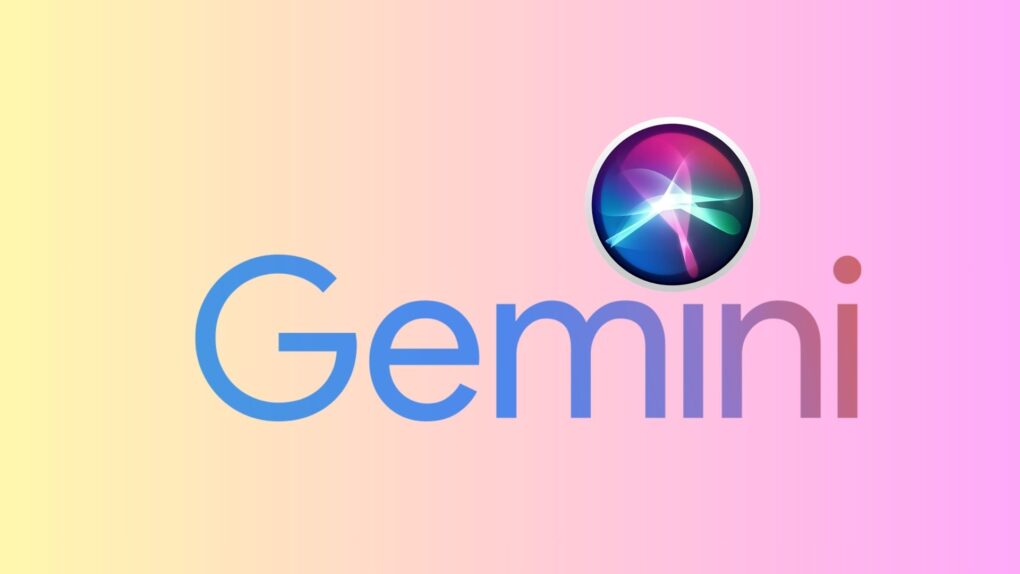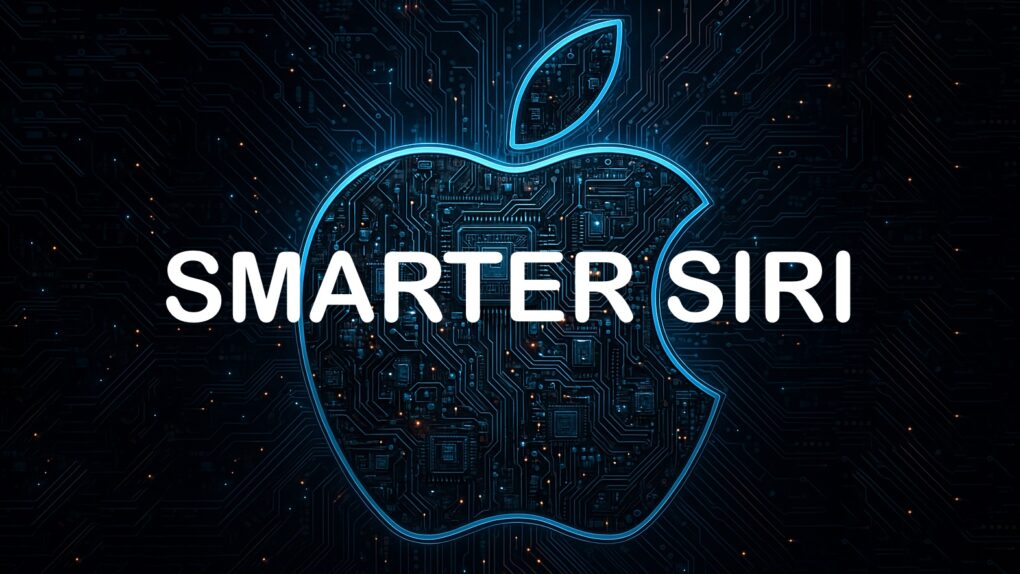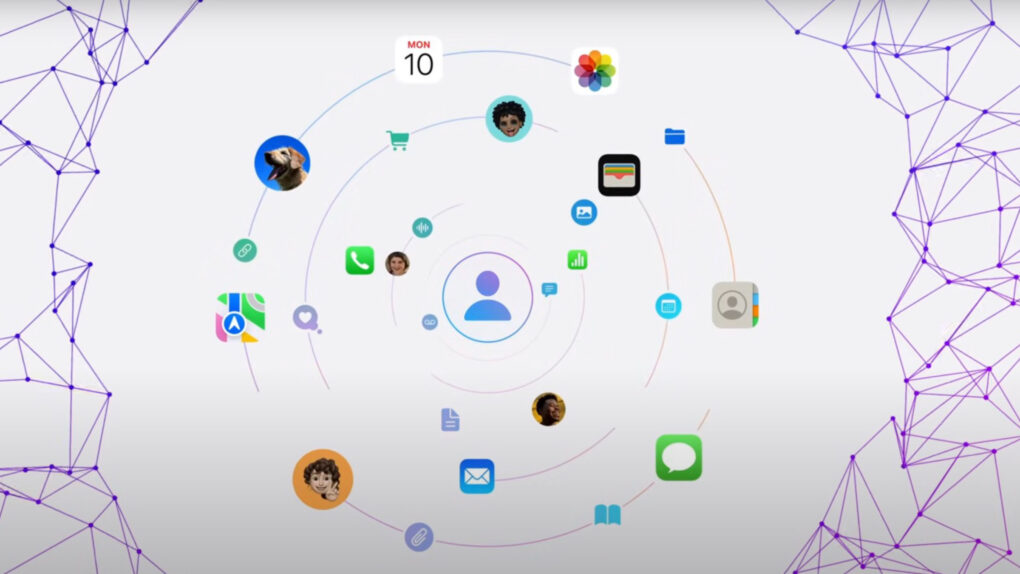Siri, Apple’s voice-activated AI assistant, arrived in 2011 as a groundbreaking feature of the iPhone 4s. Initially, it helped users perform simple tasks such as setting reminders, sending messages and searching the web through natural language voice commands.
Siri’s launch marked one of the earliest mainstream uses of conversational AI in consumer electronics, making voice interaction a practical tool rather than a futuristic concept.
Siri: The first popular AI assistant in wide use
Over the years, Siri has undergone significant evolution. Apple continuously works to improve the AI assistant’s understanding of context, natural language and user intent.
These upgrades have expanded its abilities from basic voice commands to more complex interactions, such as handling multistep requests, providing personalized recommendations, and integrating deeply with Apple’s ecosystem. This evolution reflects advances in machine learning and natural language processing, enabling the voice assistant to offer more intuitive and humanlike responses.
The voice gateway to Apple’s ecosystem
Siri’s integration with Apple’s hardware ecosystem — from iPhone, iPad and Mac to Apple Watch, HomePod and Apple TV — enhances its usability and convenience. Siri leverages on-device processing for improved privacy and faster responses while maintaining seamless cloud connectivity for complex tasks. This makes Siri both efficient and secure, aligning with Apple’s focus on user privacy.
Today, its capabilities extend across a wide range of functions. It can control smart home devices, navigate routes in Apple Maps, manage schedules, send messages, make calls, and even assist with accessibility needs.
Siri also supports multilingual commands and personalized voice recognition, making the assistant more adaptable and user-friendly. Through Siri Shortcuts, users can automate custom workflows, linking multiple actions into a single voice command.
Challenges from ChatGPT and others
Over the years, Siri has transformed from a simple voice command tool into a sophisticated AI assistant that understands context, personal preferences, and complex requests. However, in recent years, developments in conversational AI products like ChatGPT have showcased Siri’s shortcomings.
Apple continues to work to make its voice assistant smarter. But development problems led the company to delay the rollout of a more conversational version of the AI assistant in 2025.
If Apple can perfect the next-gen Siri, it could play an outsize role in users’ everyday lives, thanks to the billions of Apple devices in use.
Read Cult of Mac’s latest posts on Siri:
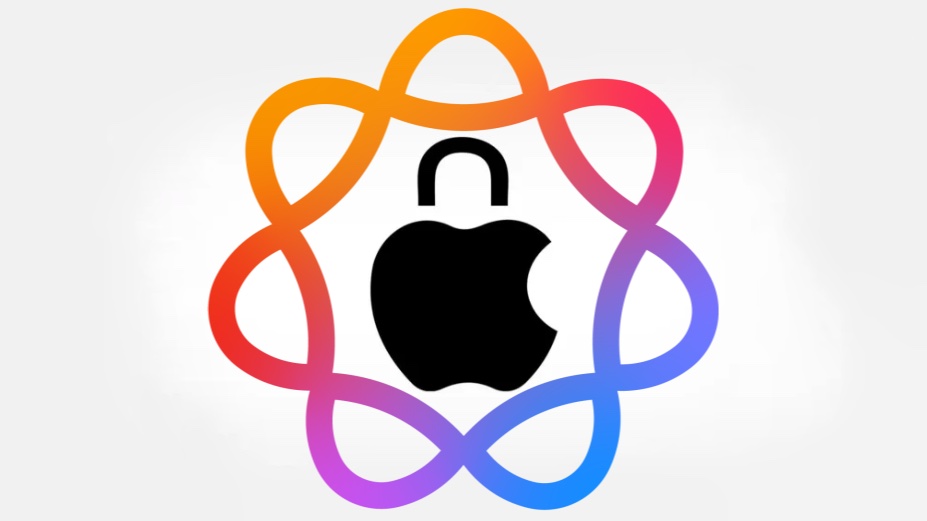



![Apple’s AI pin and the rise of super-chatty Siri [Cult of Mac podcast No. 4] AI image of rumored AI pin wearable, with the words,](https://www.cultofmac.com/wp-content/uploads/2026/01/Cult-of-Mac-podcast-episode-4-Apple-AI-pin-1020x574.jpg)
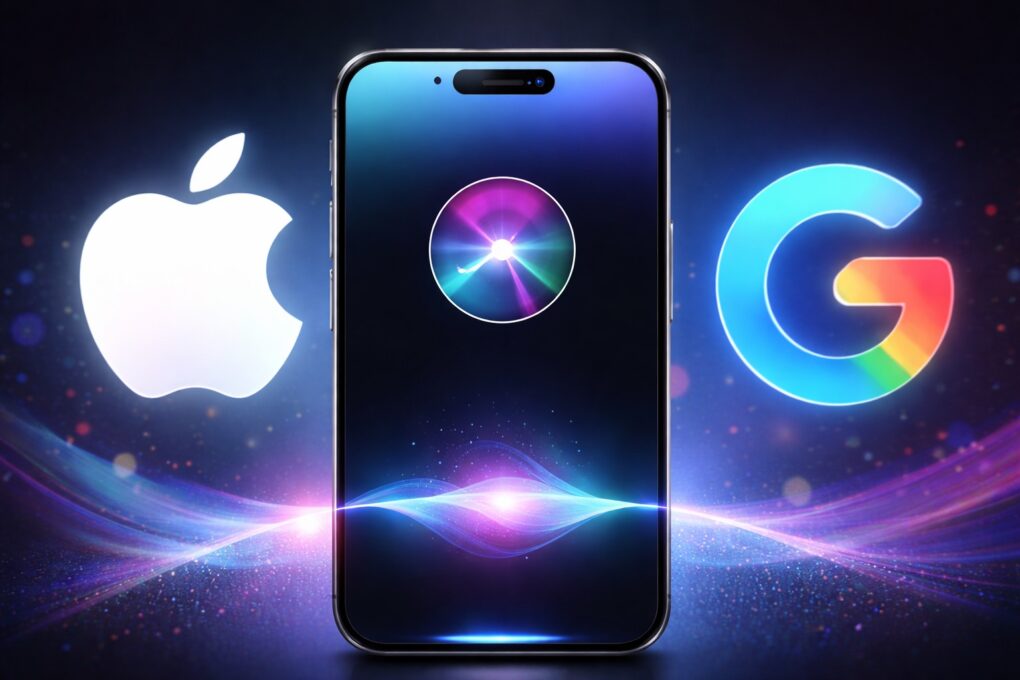

![You got Google in my Siri! And a fold in my iPhone! [Cult of Mac podcast No. 3] An AI-generated comic book-style image of a person in a laboratory with their brain exposed and lightning bolts, used to illustrate a story about Ciri getting an AI upgrade powered by Google Gemini, as discussed on the Cult of Mac podcast #3.](https://www.cultofmac.com/wp-content/uploads/2026/01/Cult-of-Mac-Podcast-3-Google-Gemini-meets-Siri-1020x574.jpg)




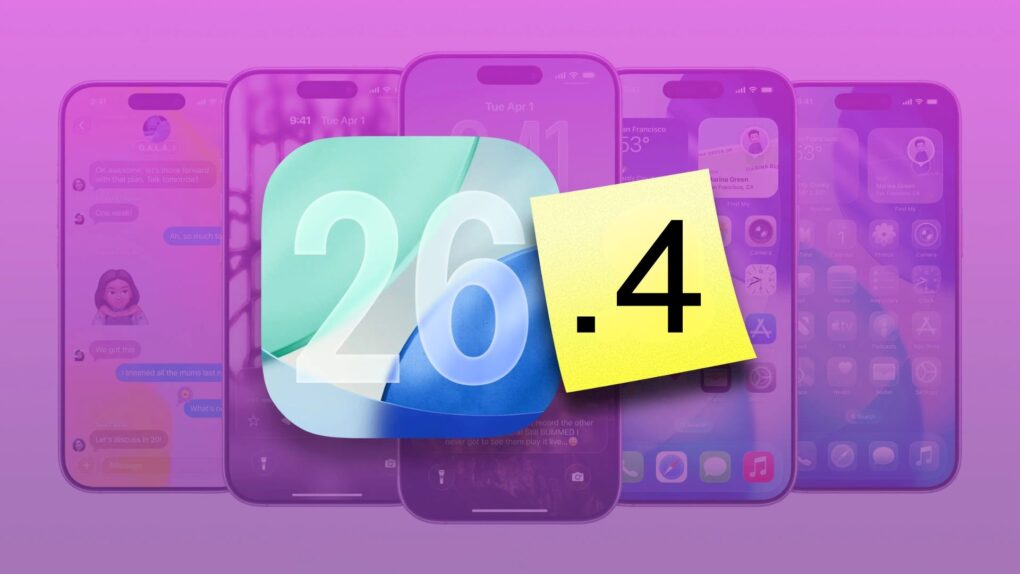

![Tim Cook retiring in 2026? Say it ain’t so … [The CultCast] Photo of Tim Cook, the Apple CEO rumored to retire as early as January 2026, along with the logo for The CultCast podcast.](https://www.cultofmac.com/wp-content/uploads/2025/11/The-CultCast-726-Tim-Cook-retirement-rumor-1020x574.jpg)

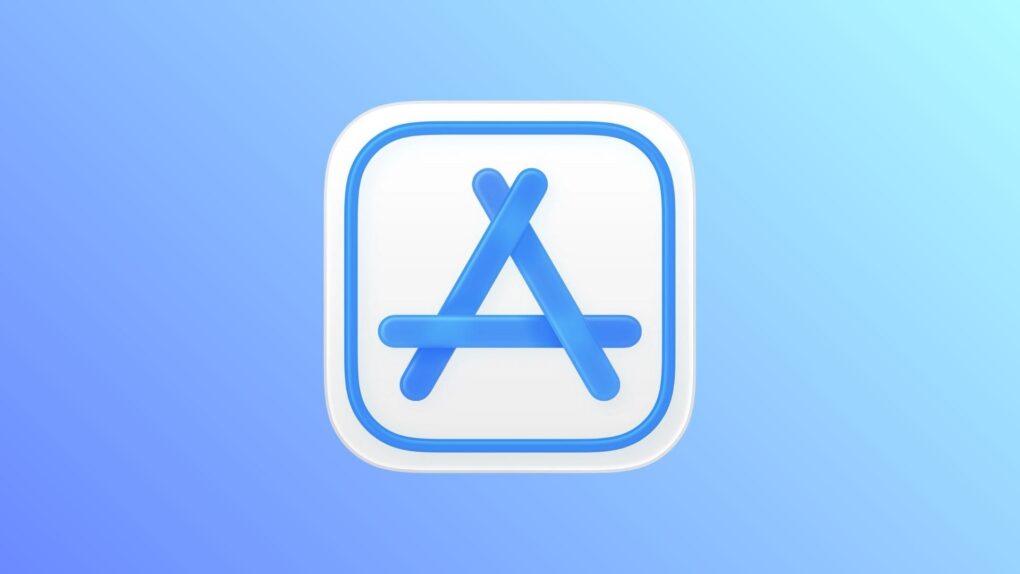
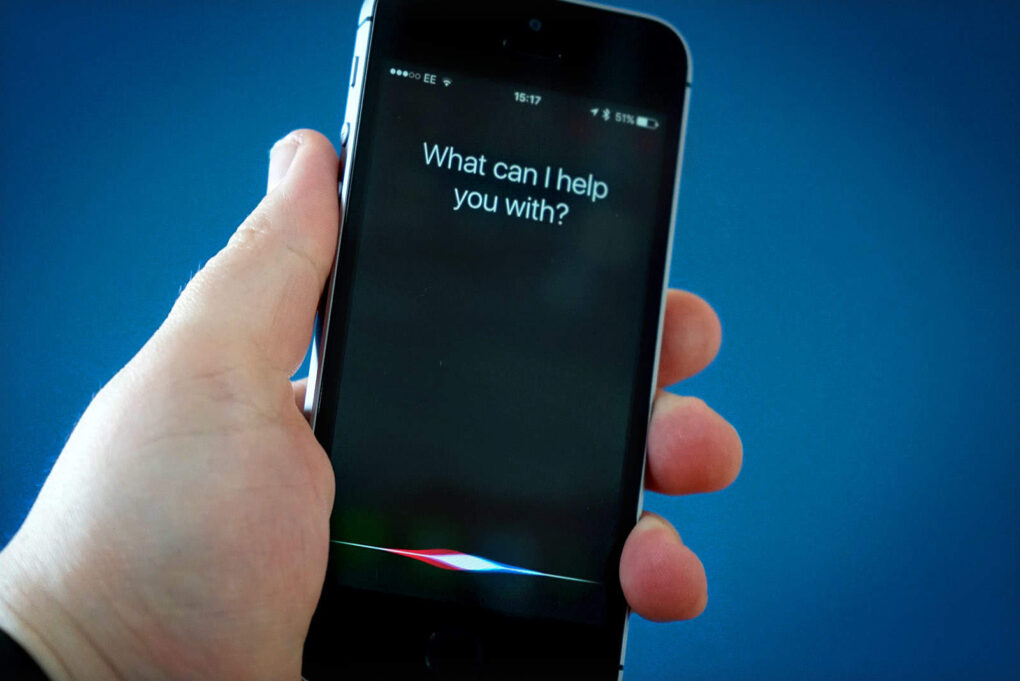

![Hey, Siri — Google’s got the AI upgrade you need! [The CultCast] The CultCast logo with Siri and Google Gemini logos](https://www.cultofmac.com/wp-content/uploads/2025/11/The-CultCast-Google-Gemini-Siri-1020x574.jpg)


